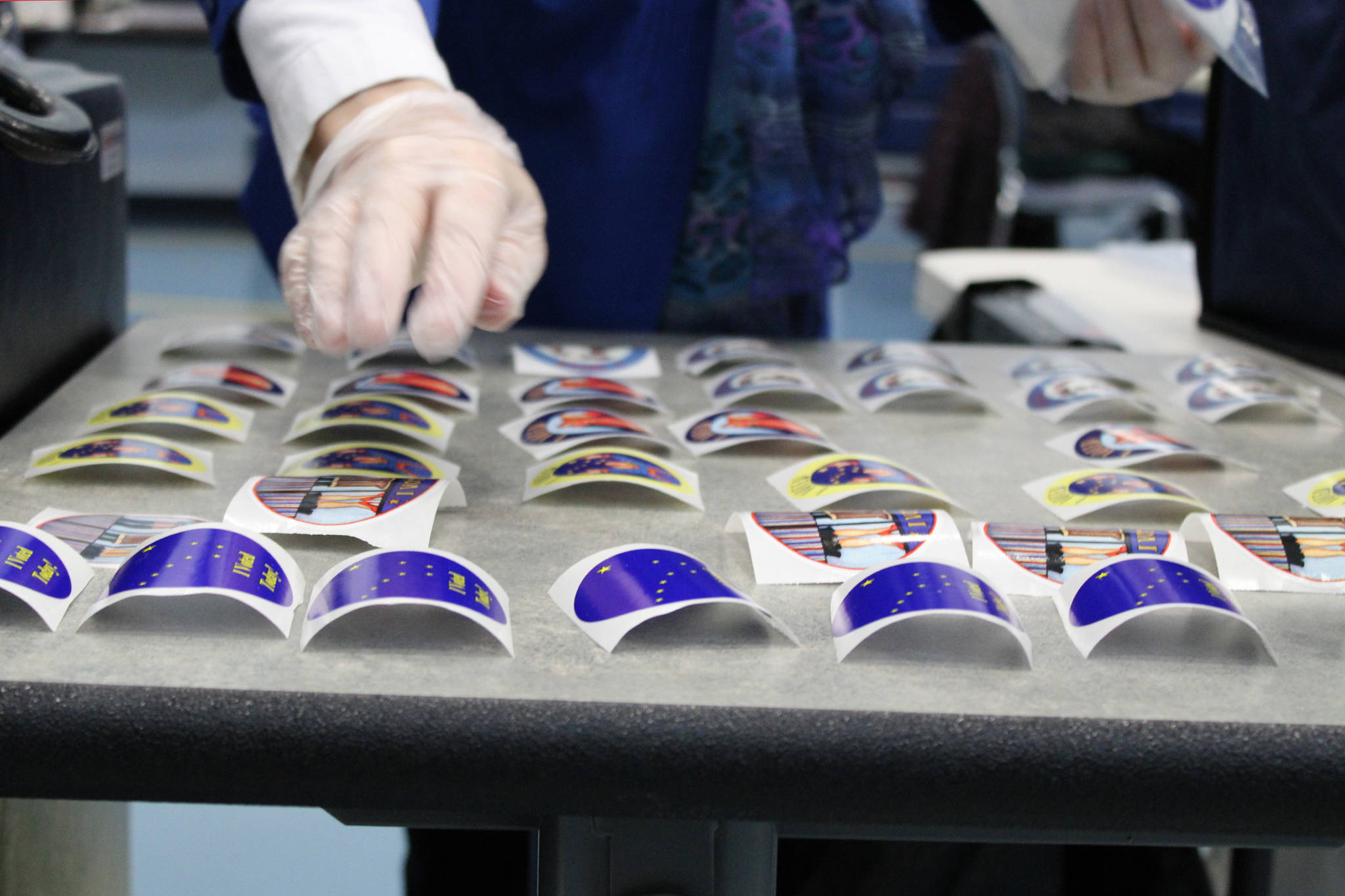By Win Gruening
If the election debacle that played out in the New York City’s mayoral race is any indication, Alaska voters may get surprised next year when our first election under a ranked-choice voting system is held. Previously used just in a few school board and municipal races across the country, Alaska became only the second state (after Maine) to approve RCV elections after passage of Ballot Measure 2 last November.
Touted by its Alaska proponents as “simple as 1-2-3-4” and often referred to as “instant-runoff voting,” the first use of RCV in NYC’s party primaries has been anything but that. The Democratic mayoral primary held on June 22 had 13 candidates on the ballot and voters were asked to rank their top 5 choices. A week later, after the initial wave of computer-generated elimination rounds, chaos reigned after the discovery of 135,000 test ballots that were mistakenly included in the vote count.
Finally, after adding 120,000 absentee ballots the next week and re-running ballot elimination rounds, Eric Adams was declared the winner with 50.5% of the vote — two weeks after the election. The results still must be certified.
Alaska’s new voting system, which is even more complicated than NYC’s, will take effect in our 2022 election cycle. There are two major changes to Alaska’s elections:
■ Partisan primaries are replaced with open top-four primaries for state executive, state legislative and congressional offices; and
■ In the general election, traditional ballots will be replaced with ranked-choice voting where voters can rank the top four candidates that win in the primaries.
Under Alaska’s new primary system, all candidates for a given office run in a single primary election. The top four vote-getters, regardless of political party, then advance to the general election.
In the general election, voters rank those four candidates — one through four. If no candidate wins a simple majority, the candidate with the fewest votes is eliminated. That candidate’s second choice votes are then redistributed to the other candidates. The tabulation process continues in rounds eliminating the lowest vote-getters until one candidate receives over 50% of the vote.
In reviewing Alaska election results over the past three elections cycles, it isn’t clear that RCV would have necessarily altered the outcomes of any of the statewide races. But RCV will generate an enormous amount of voter confusion.
Instead of filling in just three or four ovals as they would on a traditional general election ballot, voters could now be asked to fill in 25 or more ovals, creating countless opportunities for mistakes. If a voter ranks more than one candidate as their first choice, it will be treated as an “over-vote” and be invalidated. Voters will likely inadvertently leave ovals blank thereby depriving themselves of a vote on subsequent elimination rounds.
The initial unofficial results, hopefully available soon after polls close, will be updated periodically as absentees arrive up until the 15th day following the election. It isn’t until after all absentees are counted that election computers will then begin the elimination process, if necessary, to re-allocate second choice votes, third choice votes and so on.
The ultimate outcome of some races, therefore, could remain in doubt for weeks and results could change dramatically. If vote results are contested, the procedure for recounting will be largely opaque, controlled by vote-counting software that automatically readjusts vote totals.
This is the radical change that voters approved, albeit by only a thin 1% margin.
But voters can educate themselves on the races so they’re ready to vote for their candidates before entering the voting booth. With our new open primary, candidate party labels may or may not be accurate so one cannot rely on them. It’s also important to note that, in a heavily contested multi-candidate race, only voting for one candidate, or ”bullet voting”, makes it more likely that the candidate you least prefer may win.
Hats off to the Alaska Division of Elections that already has begun educational efforts.
Regrettably, the traditional principle of one-person one-vote that has served our country well for hundreds of years has been replaced by a confusing and unproven system.
The change isn’t simple, and Alaskans need to prepare for it.
•

